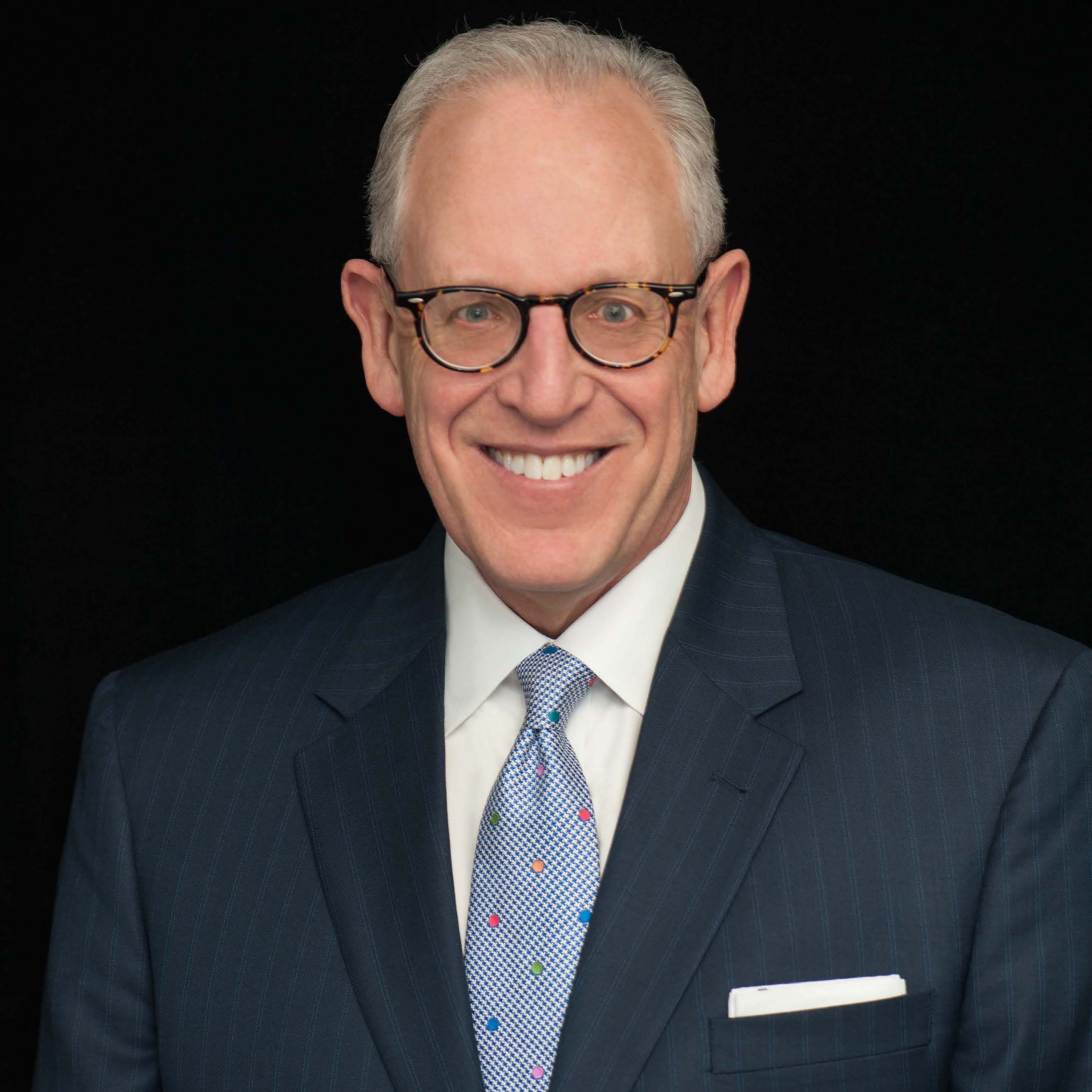Today, President Trump finished his second meeting with Kim Jong-Un. NSI’s experts analyzed the impact the Hanoi Summit will have on the effort to denuclearize North Korea.
February 28, 2019
 Dmitri Alperovitch – NSI Visiting Fellow; Co-Founder, CrowdStrike
Dmitri Alperovitch – NSI Visiting Fellow; Co-Founder, CrowdStrike
“It was never likely that North Korea would ever voluntarily give up nuclear weapons, their ultimate guarantor of regime security. Having learned from the lessons of what can happen to dictators once they give up on nuclear weapons from the experiences of Saddam Hussein and Muammar Gaddafi, it would be suicidal for Kim Jong Un to ever give up his deterrent.
The unfortunate reality is that we now have to admit to ourselves that a nuclear-armed North Korea is here to stay and focus our efforts on deterring and containing them and, most importantly, preventing further proliferation of nuclear weapons.”
 Matthew R. A. Heiman – NSI Senior Fellow and Associate Director for Global Security; Chairman, Cyber & Privacy Working Group, Regulatory Transparency Project
Matthew R. A. Heiman – NSI Senior Fellow and Associate Director for Global Security; Chairman, Cyber & Privacy Working Group, Regulatory Transparency Project
“The summit between President Trump and Kim Jong-Un ended earlier than expected and without an agreement or tangible progress. President Trump’s experience negotiating with the North Korean regime is consistent with the difficulty experienced by past administrations. The North Koreans have two approaches to negotiations – make promises that aren’t kept and refuse to negotiate in good faith. Today’s breakdown is one more link in that chain. The prospects for this summit were not good given the pre-meeting chatter. North Korea was offering to dismantle the Yongbyon nuclear facility, a horse it has sold in previous negotiations. The Trump team hinted that it would not demand a full accounting of North Korean nuclear facilities, which would prevent assurance of total denuclearization. Under these circumstances, no deal was the best deal, and President Trump was right to walk. It’s time to return to the maximum pressure campaign and make life as uncomfortable as possible for the Kim regime.”
Jamil N. Jaffer – NSI Founder and Executive Director; former Chief Counsel and Senior Advisor for the Senate Foreign Relations Committee and former Associate Counsel to President George W. Bush
“While the typical reaction to the outcome of the Hanoi summit has been to call it a failure, that is exactly the wrong analysis. To the contrary, by walking away from a weak offer by the North Koreans, the President has maximized his leverage and has reasserted control over a set of negotiations that ended poorly for the United States after the last round. In my book, the Hanoi summit was a win for U.S. national security.”
 Andy Keiser – NSI Fellow; Former Senior Advisor, House Intelligence Committee
Andy Keiser – NSI Fellow; Former Senior Advisor, House Intelligence Committee
“President Trump returns from Vietnam in the same position as when he arrived: still talking to the North Koreans about denuclearization and confidence-building measures but not agreeing on the details.
Though surely a disappointment but likely not a surprise to the U.S. side, it is important to remember that North Korea is currently not testing nuclear weapons or the missiles that could potentially deliver them and biting sanctions remain in place while talks continue.
Give the President credit for showing a willingness to walk away from a deal when he feels the United States is giving up too much. Where we go from here and if the North Koreans are actually committed to an agreement remains an open question.”
 Rizwan Ladha – NSI Visiting Fellow; Strategy Lead, Defense, Space & Security, The Boeing Company
Rizwan Ladha – NSI Visiting Fellow; Strategy Lead, Defense, Space & Security, The Boeing Company
“The second summit between Trump and Kim should be cautiously welcomed. Whenever diplomatic progress is made between the leaders of the United States and North Korea, it should be celebrated and encouraged. The fact that no agreement was reached at this meeting is also par for the course — many administrations have expended significant time and political capital to negotiate a verifiable solution to the North Korean nuclear question, and it appears there was no illusion within the Trump administration that they could successfully negotiate an agreement in just a couple of meetings.
 Lester Munson – NSI Senior Fellow; Former Staff Director, Senate Foreign Relations Committee
Lester Munson – NSI Senior Fellow; Former Staff Director, Senate Foreign Relations Committee
“Expectations for this summit were fairly low, but evidently not low enough. The good news is that the administration demonstrated that it is willing to walk away from the negotiating table when the deal doesn’t materialize. On the other hand, we must now weigh the costs of high-level engagement with a North Korean regime that appears to not be interested in real steps toward denuclearization. It does real harm to America’s global position to continue to promote the character of Kim Jong-Un and his regime while he continues to process uranium and add to his missile forces. The president has a strong team working on these negotiations. He should let them take over the discussions and save himself for when and if there is real progress.”
 Bryan Smith – NSI Senior Fellow; former Budget Director, House Permanent Select Committee on Intelligence
Bryan Smith – NSI Senior Fellow; former Budget Director, House Permanent Select Committee on Intelligence
“Despite criticism from the national security community, the Singapore summit was generally successful. It defused tensions that had arguably brought the two countries to the brink of war, and established a basic framework committing Kim to denuclearization in exchange for security guarantees, the end of sanctions, and economic development. None of this was described in any concrete way, however. Nor did it hint at how to sequence North Korean denuclearization actions, its verification, and commensurate U.S. rewards.
The Vietnam Summit needed to make the basic framework concrete. Specifically, three things were needed to make this summit a success. First, the parties needed to agree on what exactly was meant by “denuclearization”. Second, they then needed to lay out a pathway of future verifiable steps that would lead to that agreed commitment. Third, the two countries needed to take initial immediate steps, such as a formal freeze in testing and production, met with some concrete and meaningful response from the U.S., well short of lifting core sanctions.
Instead of this business-like approach, Kim Jong-Un pulled a number straight from the North Korean negotiating playbook. Take a Ford Pinto, slap on bondo and a MAACO paint job, and offer to sell it to the U.S. at new model prices. That in essence, was Kim’s offer to dismantle Yongbyon in exchange for full lifting of sanctions. Thank God President Trump wasn’t buying it. Not unlike Reagan at Rekjavik, the President wisely walked away from a bad deal. In a way, it is hard to blame Kim for his gambit, since the decades long history with the U.S., coupled with the President’s highly-personal and transactional diplomatic style, likely convinced him that the U.S. might bite on such a bad deal.
Provided Kim now makes good on his reported intention to President Trump not to resume missile and weapons testing, negotiations can still be put back on a productive track. “
 Todd Womack – NSI Visiting Fellow; former Staff Director, Senate Foreign Relations Committee
Todd Womack – NSI Visiting Fellow; former Staff Director, Senate Foreign Relations Committee
“What was said during negotiations around the flawed Iran deal is still true: no deal is better than a bad deal. Despite the desire by the Administration to move the process forward, I am glad the President walked away rather than showing progress for progress sake. Sanctions should not be lifted and pressure must be ratcheted up even more as we work to ensure North Korea’s denuclearization.”
Disclaimer: The views and opinions expressed in this analysis are those of the authors and do not necessarily reflect the official policy or position of the National Security Institute or any agency of the U.S. government. Assumptions made within the analysis are not reflective of the position of the National Security Institute or any U.S. government entity.

